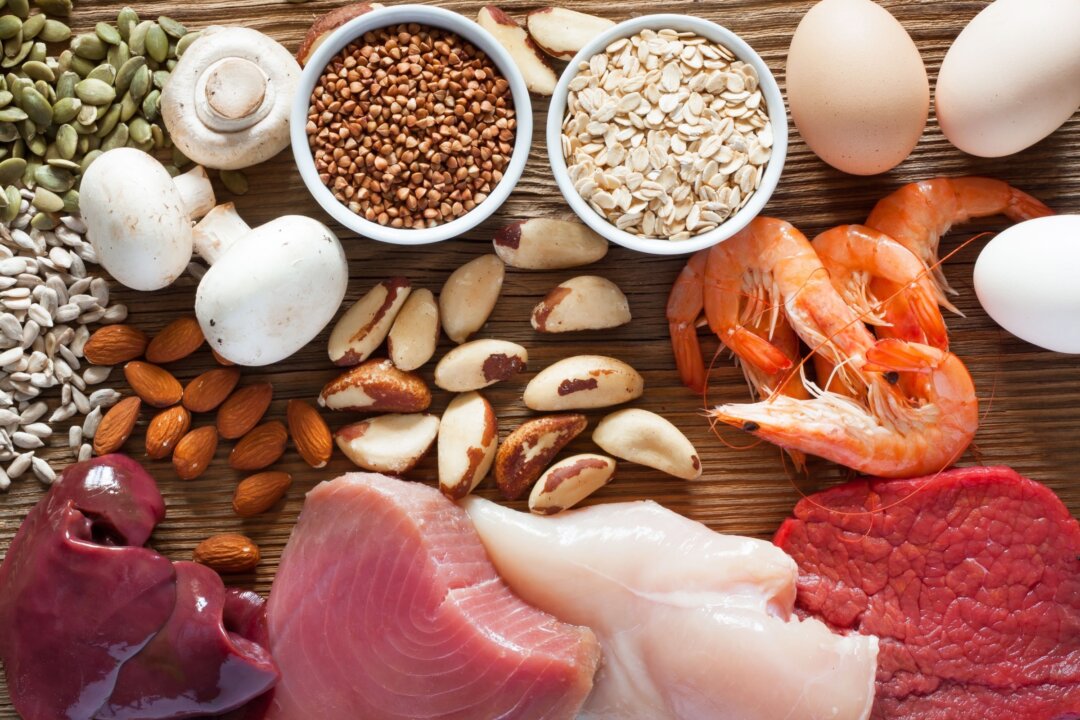The authors concluded that Parkinson’s patients could benefit from increasing their intake of selenium-rich food or dietary supplements, noting that while patients with a low total daily selenium intake can benefit from a moderate increase, an excessively high intake from food or supplementation negates the protective effect. Analysis suggested a correlation between higher blood selenium levels and a lower incidence of Parkinson’s disease. The relationship between blood selenium and Parkinson’s showed a decrease in Parkinson’s risk being more significant at higher selenium levels than at lower concentrations.
The rate of risk decline diminished notably as selenium levels increased. Dr. Ramit Singh Sambyal, a general practitioner not associated with the study, told The Epoch Times in an email, “The association exhibited a non-linear pattern, with more pronounced risk reduction at higher selenium concentrations.

[Parkinson’s] patients tend to have lower blood selenium levels compared to non-[Parkinson’s] patients.” Good dietary sources of selenium include: Brazil nuts Fish (tuna, halibut, sardines, salmon) Shellfish (oysters, shrimp, crab) Meat (beef, liver, pork) Poultry (chicken, turkey) Eggs Sunflower seeds Mushrooms Brown rice Dairy products Beans Lentils The Recommended Dietary Allowance for selenium is 55 micrograms per day, which is roughly equivalent to three to four eggs or six ounces of turkey. The Tolerable Upper Intake Level is set at 400 micro.
















